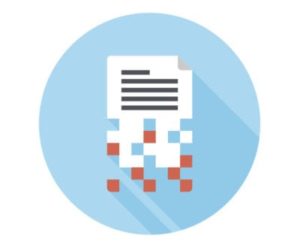
Ericsson is anticipating the rise of multisensory digital experiences after releasing its latest ConsumerLab Hot Consumer Trends report. The report is based on the responses of 46 million early tech adopters, who predict that an Internet of Senses will formally take shape by 2030.
That Internet of Senses will take advantage of technologies like 5G, AI, and Virtual and Augmented Reality to create unique sight, sound, taste, smell and touch experiences that are nearly indistinguishable from reality. The report suggests that entertainment and online retail will generate much of the demand for those technologies, though the need for energy efficient solutions that address climate change is also expected to be a significant factor.
“We’re talking about a shift from current smartphone-based internet connectivity to immersive experiences resulting from our senses being connected,” said the Head of Ericsson’s Consumer & IndustryLab, Pernilla Jonsson, who co-authored the report alongside Michael Björn.
On that front, the respondents believe that technology will soon be able to interface directly with the human brain, which means that people will be able to think of something and see it immediately in Virtual Reality. They also expect to see products that can enhance taste and mimic sounds, smells, and textures.
That kind of technology raises considerable privacy concerns, though the respondents themselves would seem to be severe optimists. Half of the respondents believe that the industry will fully resolve any privacy issues within the next ten years, and that fact-checking would become more common and help eliminate fake news.
“Consumers expect concerns about individual privacy to be addressed by the industry,” explained Björn, the Head of Research Agenda at the Ericsson Consumer & IndustryLab. “For example, possible public concern that our senses could be manipulated to purchase items or services. People will expect necessary protections and guarantees to be put in place.”
In that regard, it is worth nothing that the report reflects the views of general consumers, not industry professionals, so the results may not have much bearing on the direction of the tech industry for the next decade. Even so, the report does serve as an interesting bellwether about the audience for new technologies.
The report arrives shortly after a separate Ericsson report that highlighted the importance of AI and automation for consumer IoT devices. The findings are somewhat at odds with a Strategy Analytics report that found that consumers do not trust large corporations to protect their data, though that report also found that many people are willing to give up some privacy to gain access to better goods and services.

Follow Us